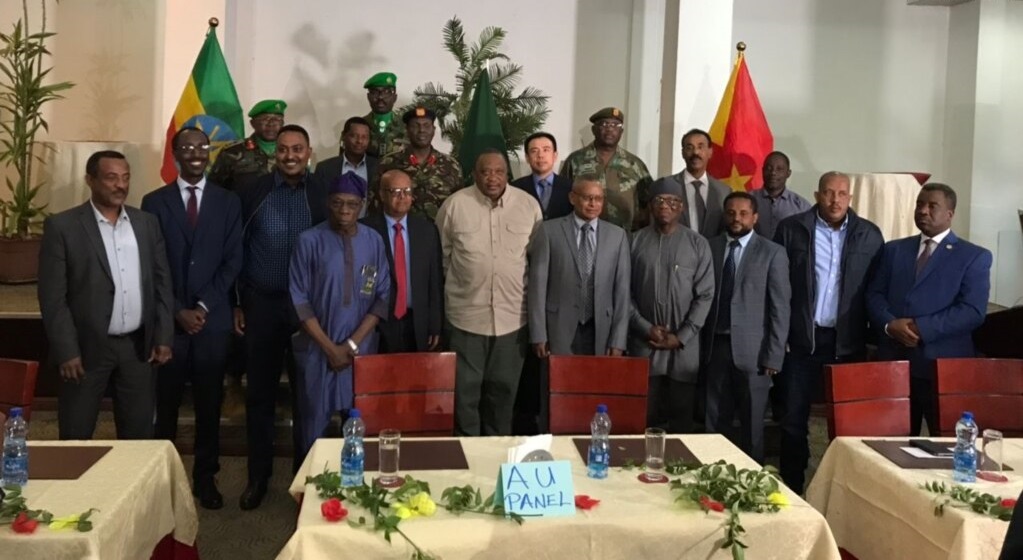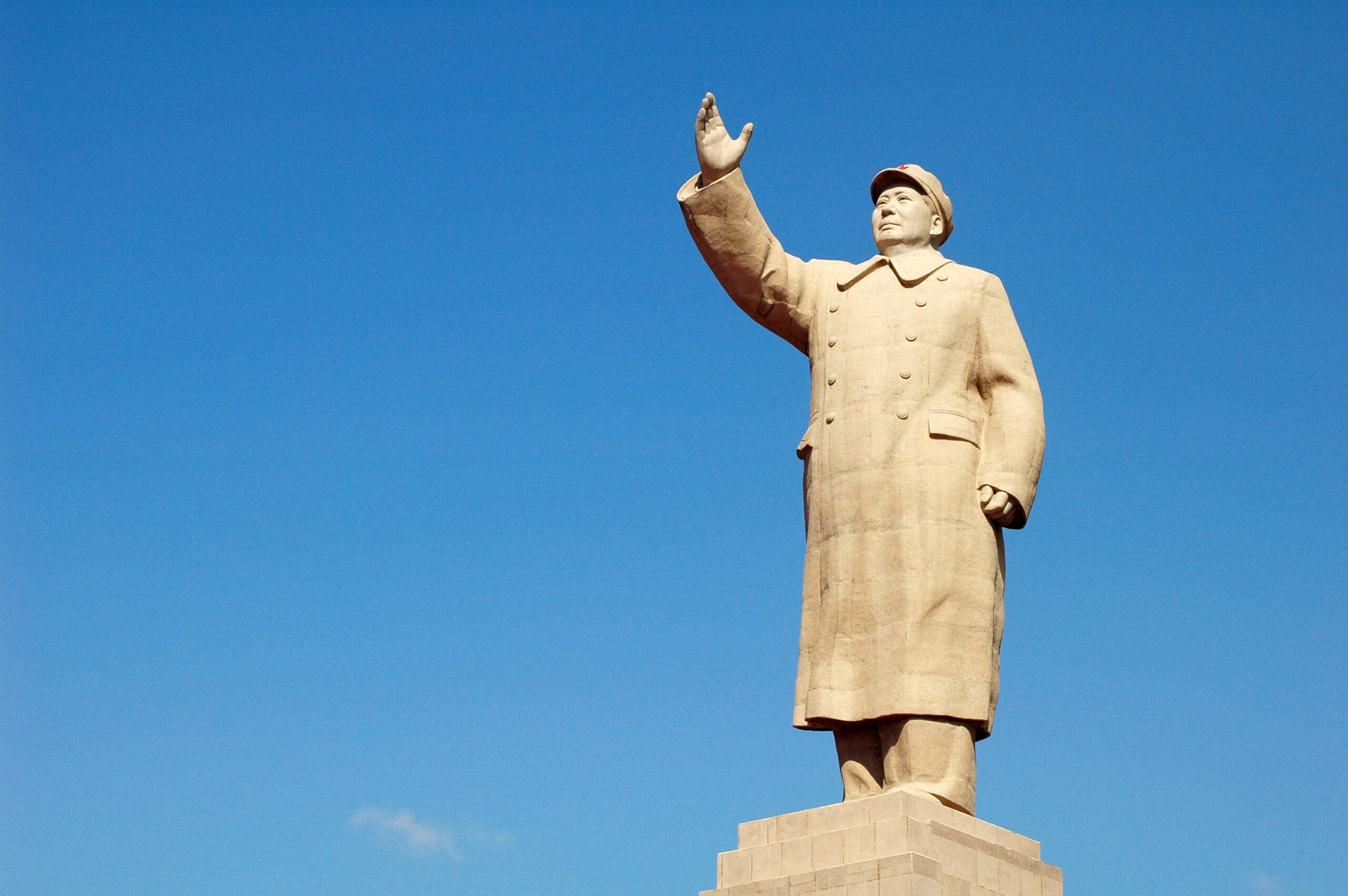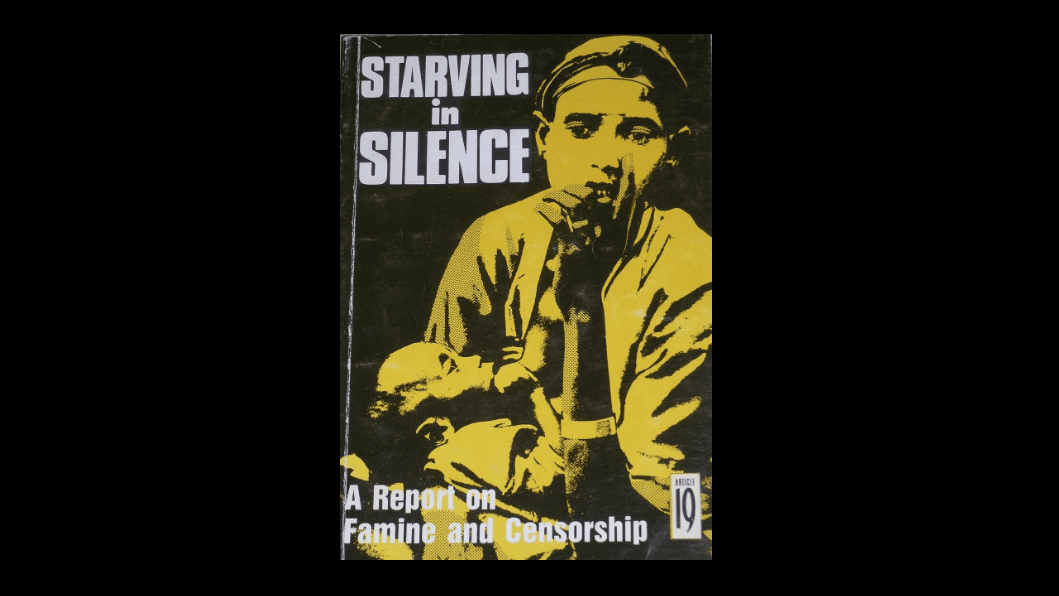WPF’s African peace missions program director, Mulugeta Grebrehiwot, has a new essay out with Fiseha Haftetsion, Published in JES XLVIII (December 2015): 89 -117. Below is an excerpt.
Naming political parties, public institutions, governments and governance systems is a serious matter. First, names are expected to summarize the nature, purpose, and behavior of the entities they represent. secondly, names convey messages with a direct bearing on the popular perception of a system or an entity and therefore contribute to its approval or rejection by the public. In some instances, names denote a political position and an action called for by a group. For example, ‘naming’ the military regime that took power from the Emperor in 1974 was a controversial issue among the main progressive parties of the time. The Ethiopian People’s Revolutionary Party (EPRP) named the regime ‘Fascist’ while advocating for a revolution to overthrow it. But the All Ethiopian socialist Party (MEISON) called it a’military junta’ and asked for a ‘critical support’ to the regime to ensure a peaceful transition. Both parties were not simply fighting on naming‘; but, on their political positions and their respective call for actions as expressed in their debate on naming the regime. Last but not least, calling systems or entities with a name that reflects their nature, missions and/or objectives is a matter of justice. For example, naming a political party fighting for the secession of a certain region a “unionist party” is misleading. It is tantamount to public cheating to name an institution engaged in systematic torture a “rehabilitation center”. It is confusing to name a country that has never held any elections a “democratic republic”. Hence, naming organizations /institutions and systems is different from naming individuals, as the former has political implications and the latter is simply driven by individual wishes and preferences.
[…]
Three possible explanations can be provided for why writers label the Ethiopian federation “ethnic”. The first and probably the minority group consist of those who do not exert much effort in trying to digest the distinction between ethnicity and nationalism but take the name for granted and focus on measuring the merits and demerits of the arrangement (see for example: Harneit-Siever et al 2010; Smidt and Kinfe 2007; Alem 2003; van Der Beken 2012; Roeder and Rothchild 2005; Young 199s). The second group consists of those who come from a constructivist approach seeing no meaningful difference between the two. The third group, the concern this article intends to address, consists of those who are opposed to the federal arrangement and intend to use naming as a means of political opposition. such writers want to ridicule the system at any cost. They seem careless even if they would camouflage academics with their political stand (see Berhanu 2007; Messay 1999; Paulos 2011). The same applies to foreign writers. Some of them may label the Ethiopian federation ‘ethnic’ because some other writer has done so. others may use the term because of the inherent bias to see Africa as, yet, an ideal home for ethnicity and tribalism (Rangers 1999) and, hence, they are uninterested in conducting some investigation about the reality of the system they are writing about although they may have a similar system at home with a different name (see Watts 2008).
We want to reemphasize that debates on whether a multinational federal arrangement is preferable or proper for Ethiopia should be encouraged. But it is also crucial that the system is presented as it is with no exaggerations, be they in the affirmative or the negative. The label “ethnic” is one way of ridiculing the system. This, apart from being unjust and improper, distorts the true nature of the Ethiopian federal arrangement. Distortion impedes proper understanding of the system and future positive engagements.
Last but not least, we want to underline that the design must not be confused with any practical irregularities that may be encountered in implementing this infant system. The question should be whether the system provides a venue for entertaining such challenges.


